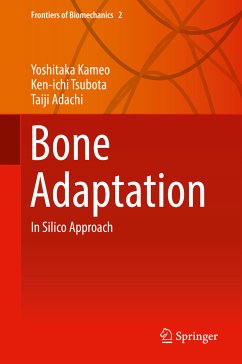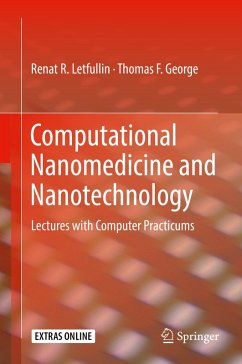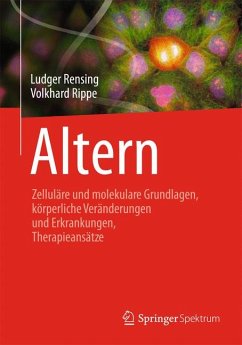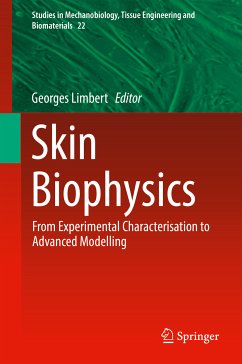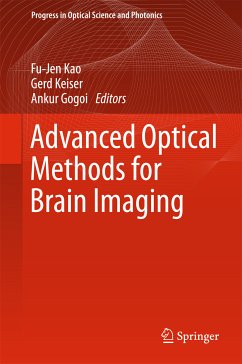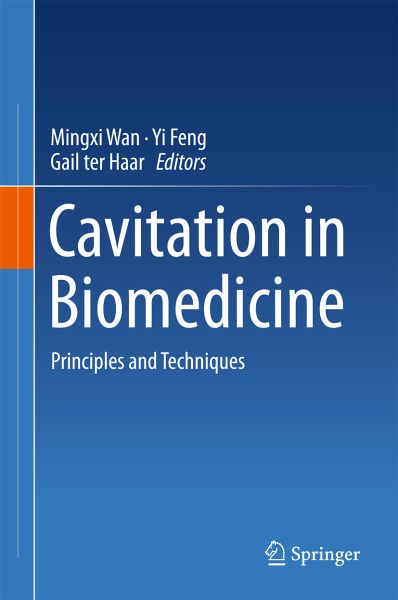
Cavitation in Biomedicine (eBook, PDF)
Principles and Techniques
Redaktion: Wan, Mingxi; Haar, Gail Ter; Feng, Yi
Versandkostenfrei!
Sofort per Download lieferbar
160,95 €
inkl. MwSt.
Weitere Ausgaben:

PAYBACK Punkte
80 °P sammeln!
This book offers a systematic introduction to the engineering principles and techniques of cavitation in biomedicine on the basis of its physics and mechanism. Adopting an interdisciplinary approach, it covers areas of interest ranging from physics and engineering to the biological and medical sciences. Individual chapters introduce the fundamentals of cavitation, describe its characterization, control and imaging techniques, and present cavitation-enhanced thermal and mechanical effects and their applications. Intended as both a reference work for graduate students, and as a guide for scienti...
This book offers a systematic introduction to the engineering principles and techniques of cavitation in biomedicine on the basis of its physics and mechanism. Adopting an interdisciplinary approach, it covers areas of interest ranging from physics and engineering to the biological and medical sciences. Individual chapters introduce the fundamentals of cavitation, describe its characterization, control and imaging techniques, and present cavitation-enhanced thermal and mechanical effects and their applications. Intended as both a reference work for graduate students, and as a guide for scientists and engineers who work with cavitation in biomedicine, it provides a broad and solid foundation of knowledge. The aim is to bridge the different disciplines involved, and to promote cross-discipline research, thus encouraging innovations in the scientific research and engineering applications alike. Dr. Mingxi Wan is a professor at Department of Biomedical Engineering, Xi'an Jiao Tong University, Xi'an, Shaanxi, China; Dr. Yi Feng works at Department of Biomedical Engineering, Xi'an Jiao Tong University, Xi'an, Shaanxi, China; Dr. Gail ter Haar is a professor at The Institute of Cancer Research, Sutton, Surry, UK.
Dieser Download kann aus rechtlichen Gründen nur mit Rechnungsadresse in A, B, BG, CY, CZ, D, DK, EW, E, FIN, F, GR, HR, H, IRL, I, LT, L, LR, M, NL, PL, P, R, S, SLO, SK ausgeliefert werden.




